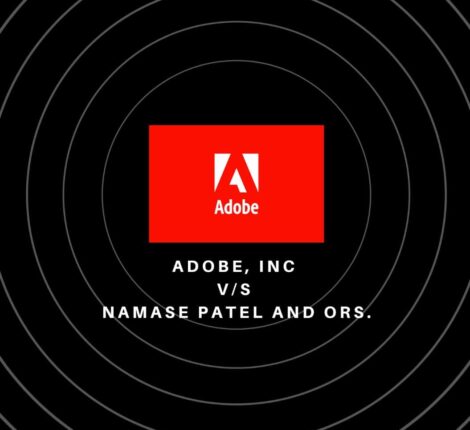Delhi High Court passes John doe order favoring Dabur India
Dabur India Limited filed a suit[1] in the Hon’ble High Court of Delhi after various websites started using the ‘DABUR’ mark and depicted multiple products on their websites without the plaintiff’s knowledge. The plaintiff prayed for the grant of a permanent injunction order and damages regarding infringement of various Intellectual Property Rights, including the trademark ‘DABUR’, copyright infringement in the labels and packaging of its numerous products, passing off, and unfair competition.
The websites made by the defendants namely https://www.daburdistributor.com and https://daburdistributorships.in, portrayed themselves as the plaintiff, which called upon distributors and franchisees to register themselves for being appointed as agents for selling DABUR products on payment of hefty amounts. The DABUR mark, coined in 1884, is a well-known trademark in India, and it is a known brand in India that is more than 150 years old, the products of which are exported abroad. Therefore, forged websites using the well-known DABUR name and seeking franchisees and distributorship by impersonating the plaintiff could hamper the plaintiff’s goodwill and reputation.
Also read: HT Media Limited granted injunction against illegal use of ‘SHINE’
The Hon’ble Court accessed the forged websites and found that except for ‘© 2020 Dabur Distributor’, there are no other details provided in it. The website mentions the business mail and the registered office address of the plaintiff.
Regarding the facts stated, the Hon’ble Delhi High Court passed a john doe order in favor of the plaintiff, ordered immediate blocking of all the impugned domain names, and called for complete disclosure of the defendant’s details. The Court further ordered DoT and MEITY to direct all the ISPs to block any website other than the plaintiff’s bearing the ‘DABUR’.
Also read: Vistara: trademark infringement of well-known trademark
A john doe order is a pre-infringement injunction remedy provided to protect the intellectual property rights of the complainant. Also known as the Ashok Kumar order, this remedy is provided to protect the complainant’s rights and restrain the acts of an unknown defendant. The first John Doe order was first pronounced in the case of Taj Television Limited vs. Rajan Mandal[2], where the Delhi High Court had passed a John Doe order to restrict unauthorised cable operators from illegal broadcasting of the World Cup football matches in 2002.
The Court, in this case, referred the UTV Software Communication Ltd & Ors. v/s 1337x to and Ors.[3] The Court had directed the MEITY/DoT to explore the possibility of framing a policy under which a warning would be issued to viewers of infringing content, cautioning them to stop downloading infringing content. If the sign is not taken seriously, a fine could be imposed on the individual.
The Court also pointed out that registering domain names concealed without identity disclosure leads to infringement on a large scale. The disablement of the privacy protection feature is the need of the hour, which is essential to ensure the identity of the persons registering domain names is visible on the https://www.whois.com database.
Read the order here.
[1] Dabur India Limited vs. Ashok Kumar & Ors. CS(COMM) 135/2022
[2] [2003] F.S.R 22
[3] 2019 (78) PTC 35 (Del)
Disclaimer: This article is intended to provide general guidance to the subject matter. It does not contain legal advice. For any specific advice/corrections, write to [email protected]
© ZEST IP



